If your child’s grocery store tantrum from last week has you questioning how to be more patient with them, you are not alone. Or perhaps your child’s teacher has expressed that your child has difficulty raising their hand before blurting out answers in class? Well, you are not alone on this one, either. The tasks of teaching children to practice patience and self-control are not always (dare I say…never?) simple. This is partially because of what your child is/is not biologically capable of; in other words, because their brains are still developing - particularly regions such as the prefrontal cortex which manages impulse control - children have innate limitations in these areas.
While we should do our best to extend grace during these challenging moments - after all, our children’s brains are still developing - research shows that we can also be proactive by helping our children develop and strengthen these skills through education, practice, and support. We can start teaching patients to kids as early as age 3 when many children gain the capacity to notice and take control of their behaviors.
Does My Child Need Self-Control Support?
Every child (and adult?) experiences the occasional meltdown. That said, kids who tend to experience more frequent meltdowns than most may benefit from focused guidance to help them notice and manage their ineffective behaviors. Have you noticed any of the following in your child?
- Figuring out ways to get what they want by manipulating situations
- Getting loud, upset, or angry when someone challenges their authority
- Being bossy, making their own rules, and not considering others' ideas
- Not paying attention to clear instructions
- Always testing boundaries and going beyond them
- Resisting or standing up strongly when told to follow rules
- Trying to take charge of others, even when they don't want guidance
Well then, read on. When children with these tendencies learn the skills needed to better control their behavior, they are empowered to make better choices that lead to more good times.
Tips to Foster Self-Control in Children
In a moment of calm (in other words, NOT in a moment when your child is mid-tantrum), take the time to talk to your child about your concerns, citing specific examples. As you review which behaviors are not acceptable, create corresponding house rules to further enforce these values. Ask your child to come up with ideas for Goodtimer incentives that they can work toward.
A fun way to help your child learn and practice self-control is through a musical instrument such as the recorder. Here's how: as they play the instrument, you “conduct” their “behavior.” For example, you might ask them to increase/decrease their tempo and or volume. The empowerment they will feel from being in control of how they play their instrument allows them to listen to you and follow your guidance without an ensuing power struggle. If they follow your musical direction during this exercise, use positive reinforcement to encourage the behavior. If they do not follow your musical direction (e.g., you ask them to play “quiet like a mouse” and they play as loud as they can), try to approach the moment with curiosity. Perhaps you would say something like “hmm, I asked you to play quiet like a mouse but you are playing loudly…do you know how to play quiet like a mouse?” This will challenge them to do as you ask, and if you reinforce that behavior, it will be more likely to repeat itself in the future.
Asking a friend to join in the fun is another great exercise to practice self-control. Naturally, your child will benefit from learning to share and take turns in order to have fun playdates and build meaningful friendships. Help your child’s interactions stay positive by reminding them of their Goodtimer house rules and the incentives they are working towards. Be sure to place their Goodtimer nearby so they can be consistently encouraged by its lights and sounds. Other games like Simon Says are great exercises to keep self-control at the front of mind. Ensure you are monitoring and guiding these social interactions as-needed to help your kid succeed. If you notice they’re reaching their personal threshold, step in and suggest a parallel-play activity such as coloring to help them cool off.
After the playdate, praise your child for the specific moments when they showed patience. Also, ask them empathetically to share about moments when they were less successful at practicing patience and/or broke a house rule. To build empathy, you may also inquire about how they think their friend may have felt during various interactions.
Tantrum Tamer
In spite of all of your positive coaching, your child will, undoubtedly, still make mistakes. In these moments, do your best to approach your child with limited emotion and a surplus of strategy. Ask yourself, for example, are they in need of a break? If so, allow them to hang out in a “calming corner” where they can engage in soothing activities like deep breathing or wrapping themselves up in their favorite blanket.
Be careful to model your response to their meltdown by staying calm and showing them how to take a moment for yourself when you are feeling overwhelmed (even if this means excusing yourself to search the internet for “how to have more patience with my child”)! You can also model good behavior throughout the day during calmer moments by narrating your feelings and challenges as you are experiencing them.
Parenting can often feel like a rollercoaster ride. A bumpy one. Do your best to remember that your child's self-control capabilities are intricately linked to the limitations of their developing brains...and in the moments when it is hard to remember this, be gentle with yourselves and do not be afraid to ask for support or take a moment to calm down. If we are lucky, we will be able to turn a challenging moment here or there into a valuable lesson.
You, parent, are not alone in this journey. Each step you take to understand and support your child's capacities for patience and self-control contributes to their overall well-being and development.
Watch the Video:



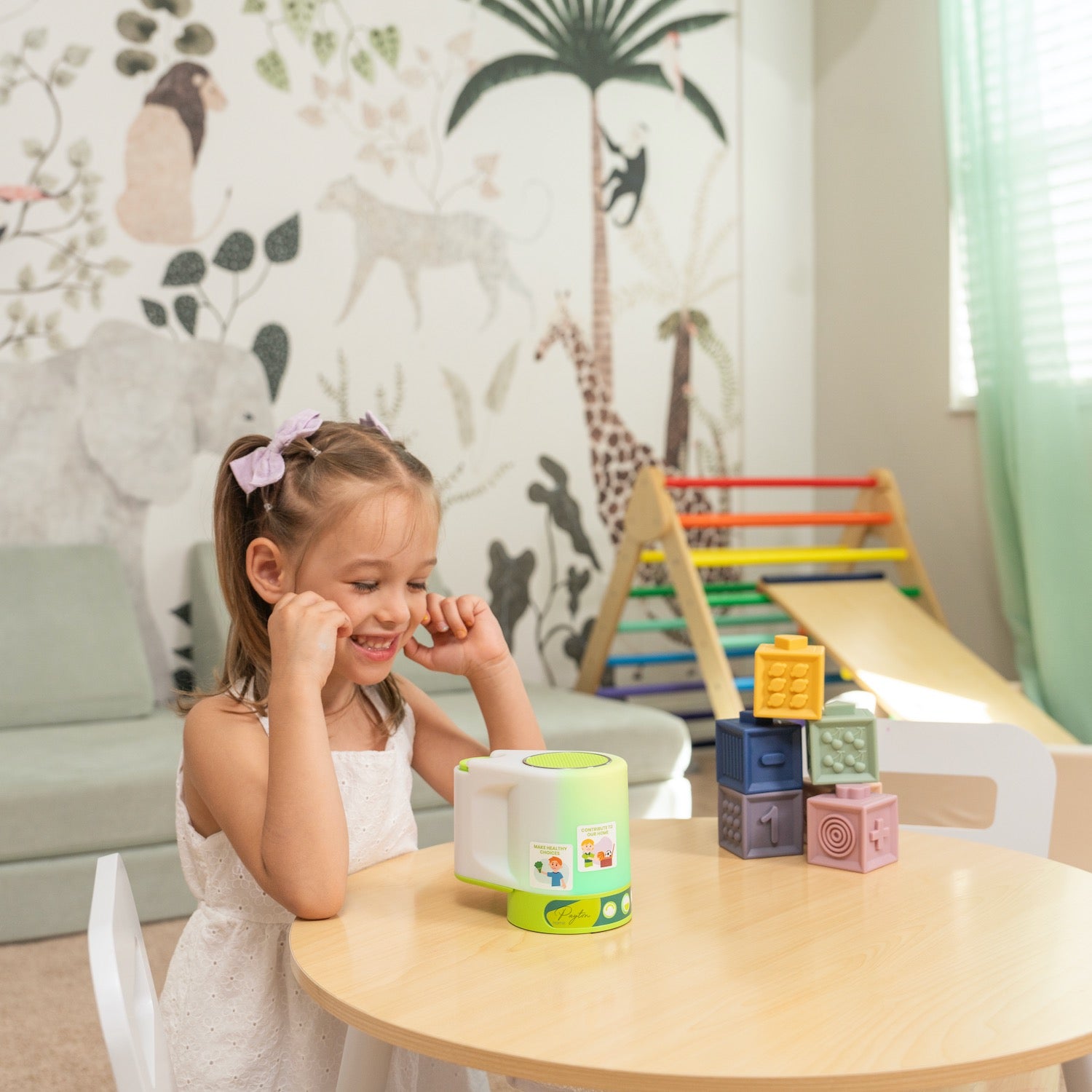
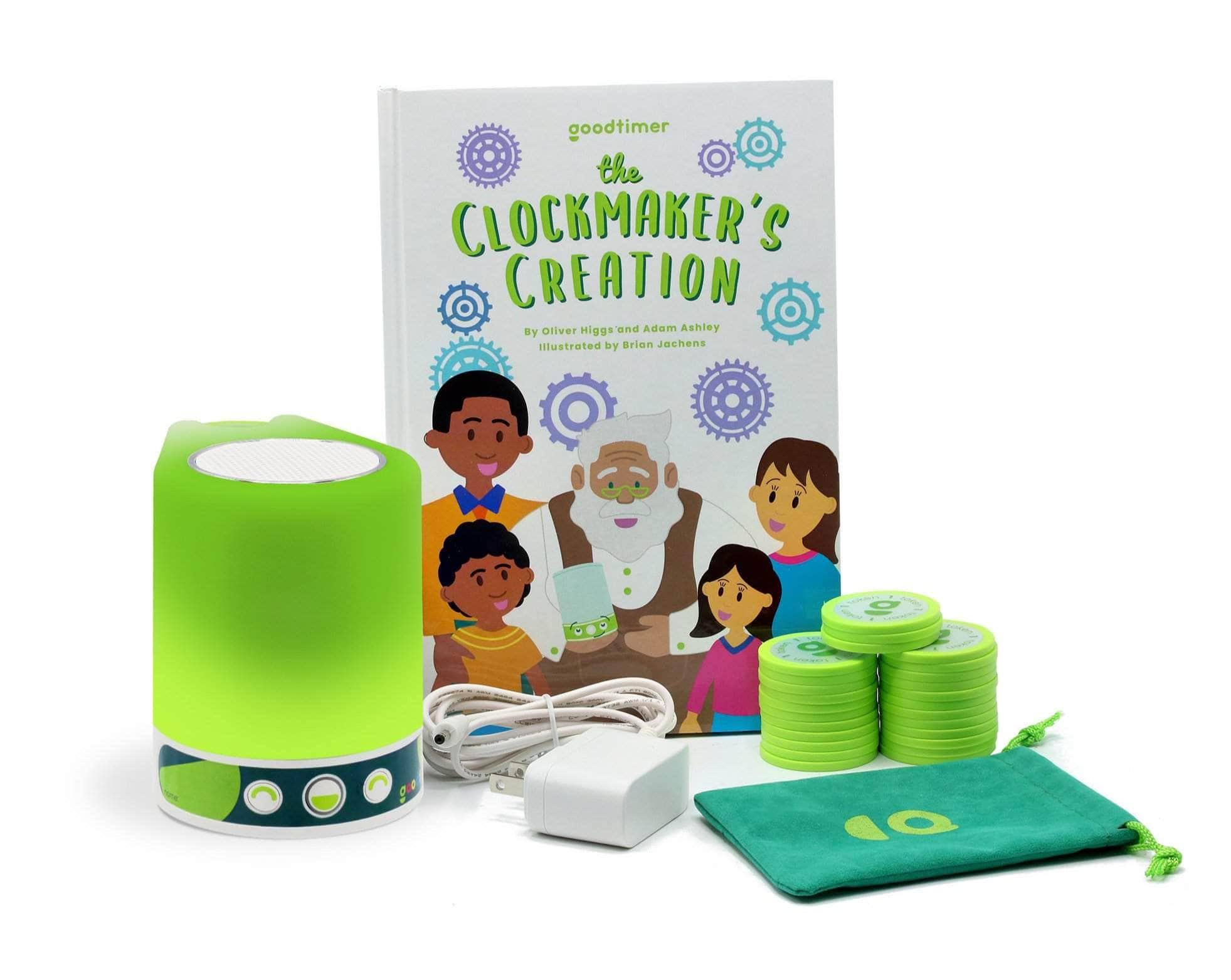

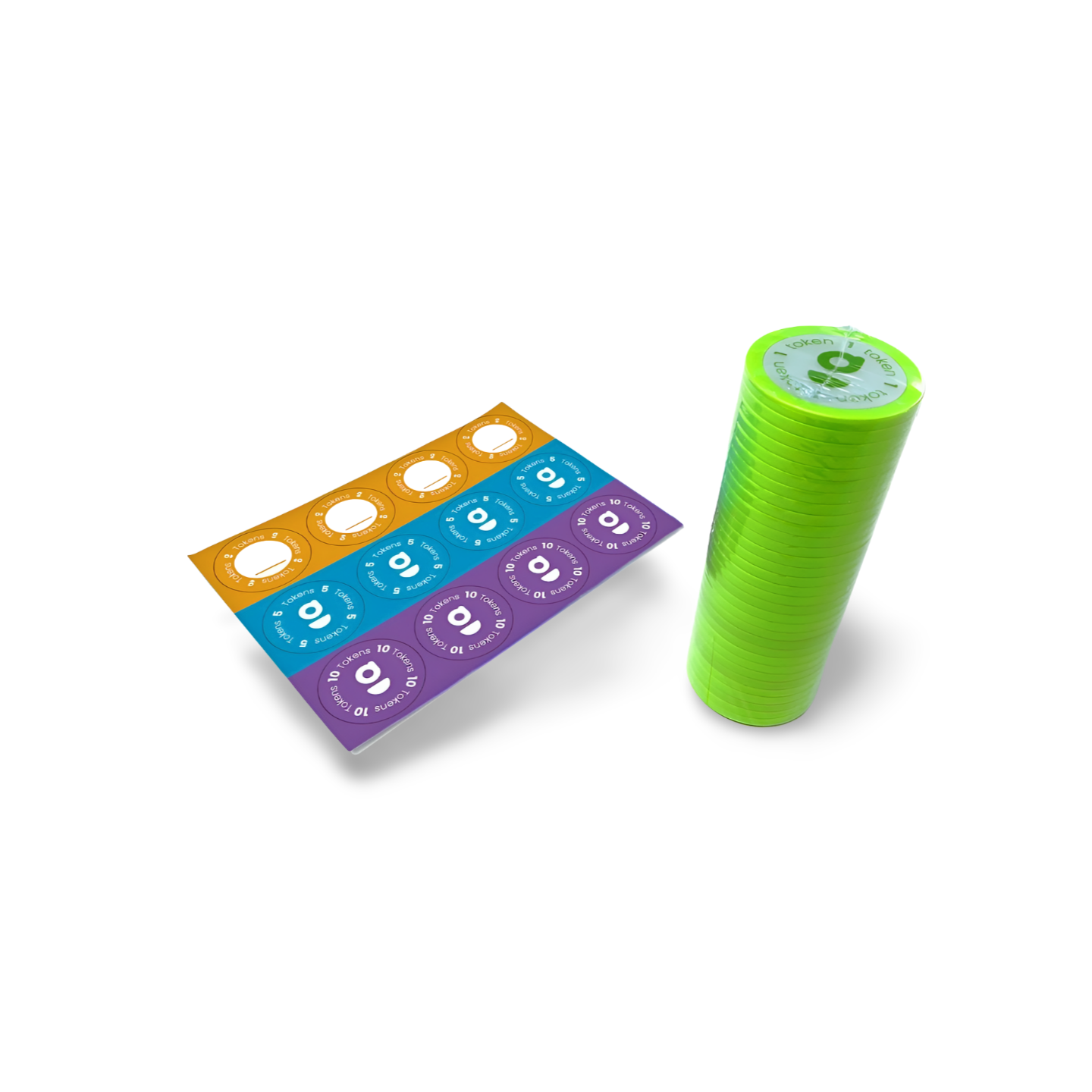
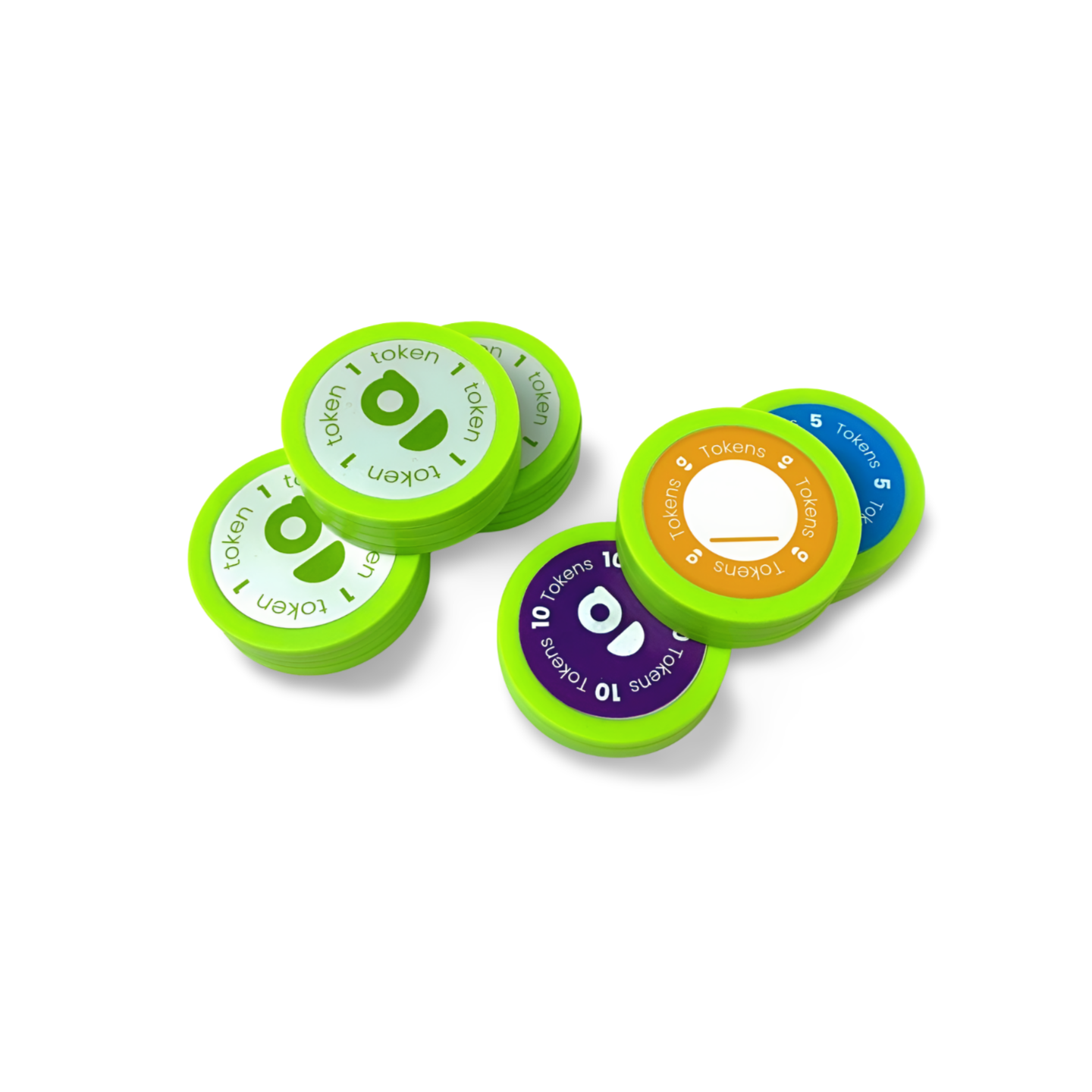
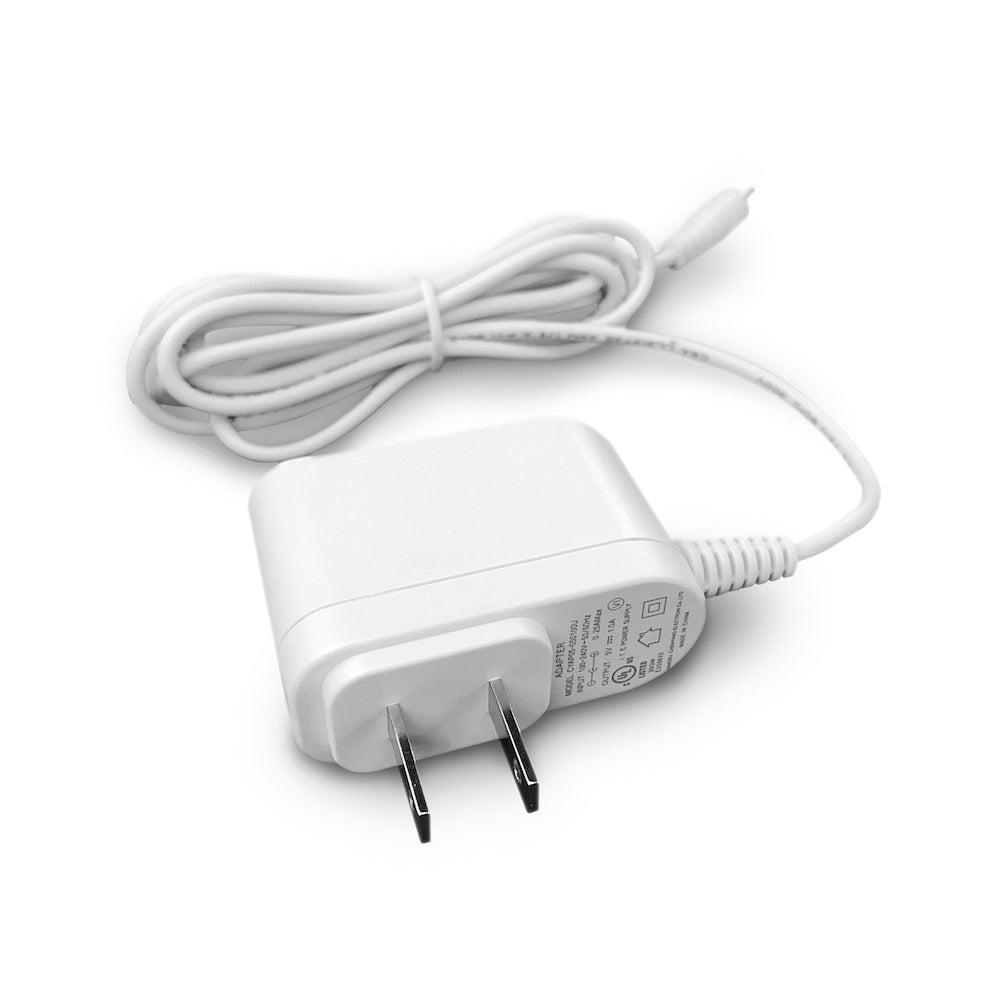
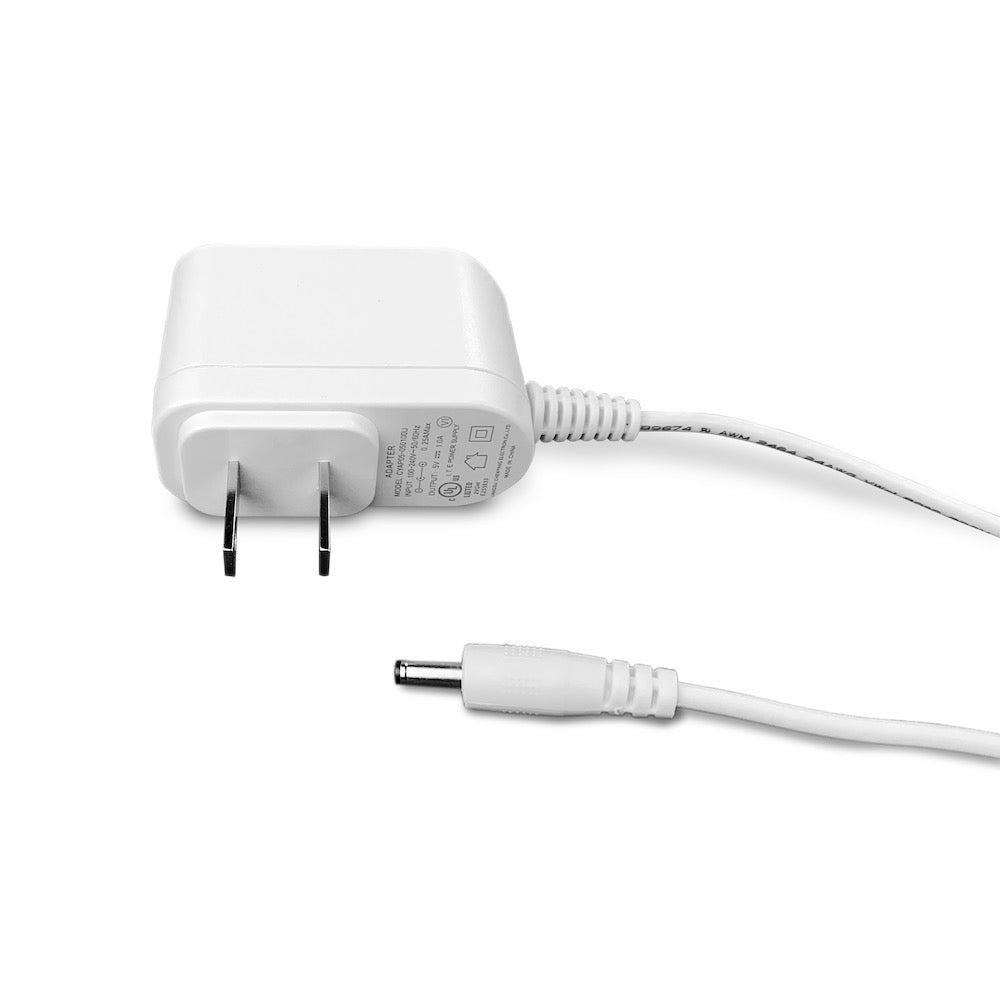
Leave a comment